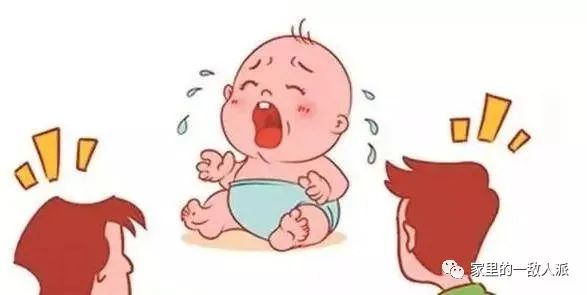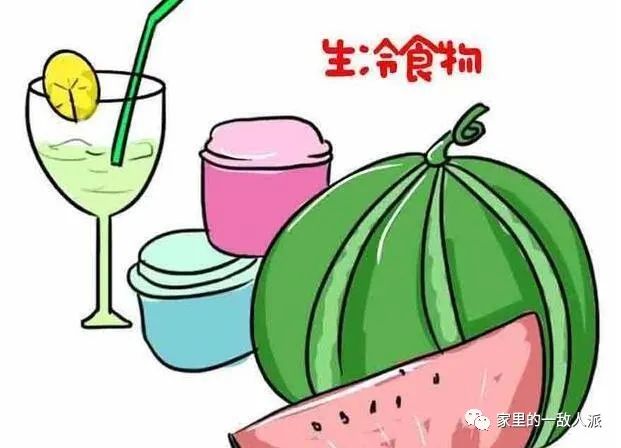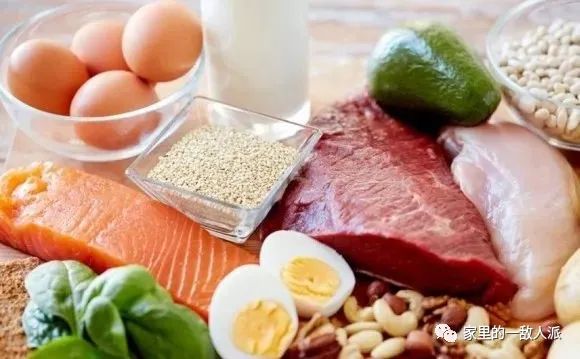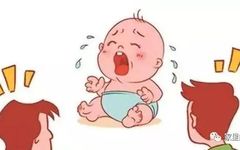Many children experience significant abdominal distension, and when you pat their little bellies, they make a loud sound, filled with gas. These children suffer from poor qi circulation in the abdomen, leading to the stomach qi not descending, abdominal gas not being released, and a lack of flatulence. They may also have bad breath or halitosis, constipation, and a poor appetite, showing reluctance to eat. When qi rises, it can severely affect the child’s sleep, causing them to roll around in bed, leading to coughing, headaches, and nosebleeds. This is not simply due to overeating or food accumulation; that type of distension is solid.

This is a case of Spleen Qi Deficiency with Qi Stagnation, where the abdominal distension feels hollow and makes noise when tapped. 🙇 Upon inquiring about these children’s diets, most have consumed a large amount of raw, cold, and cooling fruits. Children with qi stagnation have round, hard bellies that cannot be easily massaged. Their tongue coating, lips, and complexion are pale, indicating a clear deficiency of cold.

Consuming raw and cold fruits can introduce a significant amount of cold evil directly into the child’s Spleen and Stomach, causing the Spleen Yang to be weak and unable to transform internal dampness. Consequently, the refined essence of food cannot be distributed throughout the body, leading to accumulation in the middle jiao and resulting in abdominal distension. The ascending and descending functions of the Spleen and Stomach become disordered, leading to not only abdominal distension and chest tightness but also aversion to food.

Additionally, consuming a large amount of protein-rich foods can also produce gas and cause abdominal distension. Common foods like milk, eggs, soybeans, fish, and shrimp are known to be gas-producing. If a child experiences abdominal distension, these foods should be limited to prevent exacerbating the condition. 🙅 Abdominal distension is merely a symptom and does not constitute a disease; however, prolonged abdominal distension can lead to poor qi circulation, affecting the child’s overall health. 👏 In pediatric tui na (massage), techniques such as Wai Lao Gong and Shun Yun Ba Gua can help open the chest and diaphragm to alleviate abdominal distension. When combined with the Zhong Wan (Middle Cavity) massage to strengthen the Spleen and regulate qi, along with avoiding the aforementioned foods, it can help the child quickly relieve abdominal distension.


